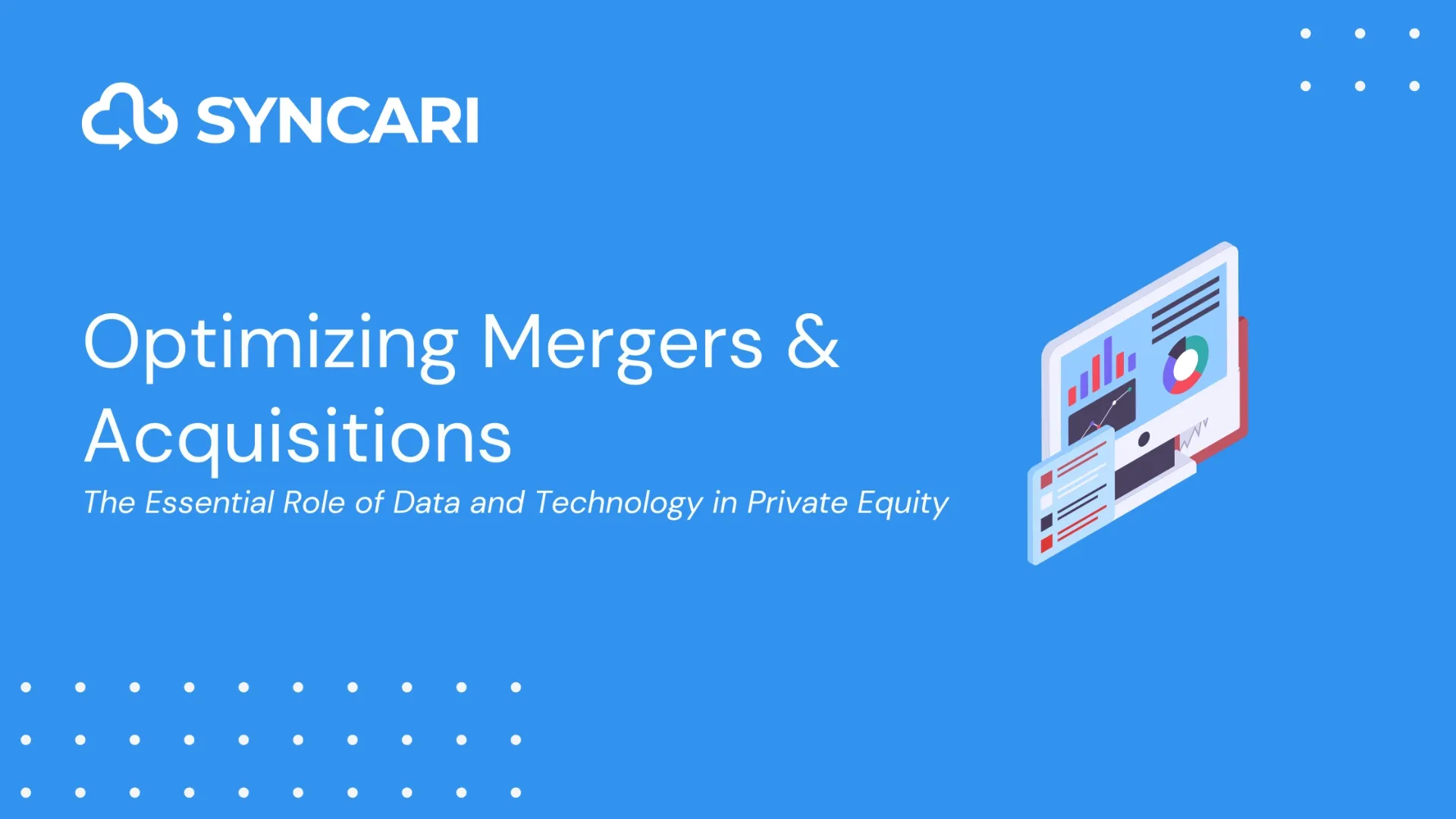You’ve heard of talk therapy, but what about Ops therapy? Rosalyn Santa Elena, Head of Revenue Operations at Clari maintains it’s essential. Because the life of an operations leader is one fraught with chaos. Last minute fire drills. Tech providers who make unexpected updates that send your processes haywire. Team members forget to loop you into projects until it’s too late.
That’s why Rosalyn believes connecting with your peers for some good old venting is crucial to keeping your edge—and your sanity. “It’s really funny to see that there are always some common challenges for everyone who is running an operations function, regardless of whether they have a couple of years experience, or decades of experience,” she says. “It’s refreshing to see that you’re not the only one going through this.”
With over 20 years of experience in sales and revenue operations, Rosalyn is a force to be reckoned with. A popular LinkedIn thought leader, an inspiring mentor to many, and an industry trailblazer, she never passes up an opportunity to share her knowledge. Rosalyn is also part of a whopping six different operations groups—RevGenius, Revenue Collective, Women in Revenue, Wizard of Ops, Modern Sales Pros, and Sales Hacker.
She sat down with us to share her stories and wisdom, including the most common gripes that come up in ops therapy, the biggest change in the ops landscape over the past decade, and what ambitious ops practitioners can do to advance their careers.
Nick: You’re the head of revenue ops at a revenue ops platform company—it’s a little bit like cooking for chefs. How do you keep your edge with such a high expectation of excellence?
Rosalyn: It’s all about keeping my finger on the pulse of what’s current and what our customers are thinking about. I have the privilege of talking to so many of them and constantly exchanging best practices. I get to learn about their top challenges, their big audacious goals, and what they wish their tech stack could do better.
That gives me a really great perspective and insight into not only helping me do my job better, but also helping others do their jobs better. My hope is that some of these learnings that I find will feed back into, not only my day-to-day job, but also into our product, making Clari even better for our users. I like talking about the product from a customer perspective, having been a former Clari user, as opposed to approaching the conversation from the Clari employee perspective.
But then I’ll also often get questions like, how do you build a nurture campaign? How are you handling inbound leads? How are you structuring your sales compensation program? So there’s a lot of different areas that don’t necessarily have to do with the product. Oftentimes I tell them, well, if nothing else, at least we get some good ops therapy.
What are the most common themes of ops therapy?
I’ll share three that come up all the time.
1. Organizational alignment. Between marketing, sales, and customer success, how do you keep everybody marching to the same drumbeat?
1. Proving ROI of the function. Operators know their work is invaluable for revenue efficiency—how do you get others to see it clearly?
3. Data accuracy.How can we make sure we’re not building beautiful processes that just move around inaccurate data?
The conversation can really lead down a lot of different places. But I think the takeaway of ops therapy is always, whatever you’re facing, “Hey, I’m not alone in this!”
You’re a part of six different communities. Why are they so worthwhile that you fit them in between being a busy executive and a mom of three?
At the beginning of 2020, I set out on a personal mission to share more of my experience and knowledge with others. Being a part of these six industry groups is a major part of how I’ve been sticking to this goal. Joining Clari, a revenue operations company, was also part of my master plan. I post a lot of content on LinkedIn, and embrace opportunities to appear on podcasts, webinars, and panels.
My ultimate goal is to elevate both the function of revenue operations, and the talented people in this profession. Revenue operations can often get stuck in admin tasks or putting out fires, but we have the potential to be so much more than that. We have the potential to be strategic business partners who can actually help drive the business, including seeing around corners and identifying blind spots. We can help close revenue faster, and make deals bigger.
Is revenue operations new?
Nope. Somebody has always been doing the work—even if it may have been called sales operations in the past (where your sales ops leader is the one really running operations for all of GTM.)
What are the biggest financial impacts of poor data?
I say it all the time: Everything starts and ends with data. You can’t run your business without good information. For example, if you’re doing an assessment of your total addressable market (TAM), or you’re trying to figure out how you want to segment your prospects, or how to organize your sales team, it all starts with reliable data. If you don’t have that good data, then you could make some very poor decisions around your go-to-market plan. You’ll waste sales’ time and efforts by targeting the wrong accounts, or hitting those accounts with the wrong messages.
What would your data look like in a perfect world?
When I dream of a data utopia, there are a few key features:
- We would have data that is readily available, and accessible to the right people.
- It’s real-time so it’s constantly being updated and refreshed with accurate data.
- We’d have everybody looking at the same data the same way.
- We’d have a data dictionary—unambiguous definitions around what each piece of data within your organization.
- Most importantly, the data would provide clear insights to drive the business.
What advice would you have for operators who want to advance into a leadership position one day?
I’d advise individuals who want to move up in their career to work towards being strategic business advisors to their executive team today. For example, if you’re building a process in Salesforce, take a step back and think about how it relates to the business and see if you can fine tune it to be more strategic and support topline business goals more effectively.
Tactical tasks are always going to be part of your role, but always thinking about taking that extra step will set you apart. Instead of pulling a report of data, take the data, analyze it. And then when you’re delivering it to your stakeholders, deliver it with a compelling story that compels executives to act. Continually tapping into this strategic mindset will prime you to become an excellent leader one day.
What’s your #1 data quality tip?
My number one data tip for revenue leaders is to take a step back and take a proactive approach in building out your data structure. Take the time to create a data dictionary, or to document your data flows. What does it look like? What are the data definitions? What’s that data governance model look like? How is the data going to flow through your systems and through your tech stack? Oftentimes, we’re spending too much time being reactive on fixing pieces of the data that we forget to take a holistic approach. So step back and think about your overall data governance and governance structure so you can build it right.
What are the biggest changes over the past 20 years in operations and data?
Over the last five to ten years, I think the understanding of the value of operations has definitely grown. People are seeing operations as more of a strategic value driver than just a tactical sort of administrator type of role. A great example of this emerged in 2020 with the pandemic. Most companies thought they had their year all planned out in January, but then when the pandemic hit, every company had to quickly redo their operational plans. Companies that had a strong operational foundation were the ones able to pivot quickly and elegantly, whereas companies without, were floundering. It’s become crystal clear that the companies who invested in operations have been weathering the storm far better.



